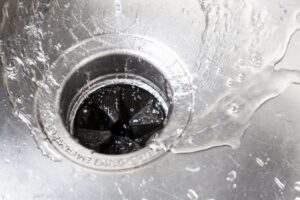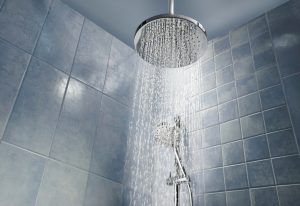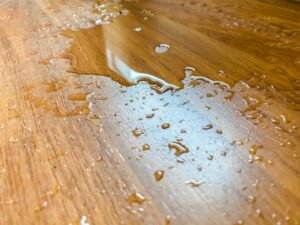3 Benefits of Drain Clog Prevention
Drain clogs are inconvenient, we don’t need to convince anyone of that. But did you know that they’re also very bad for the longevity and efficiency of your plumbing system? Materials that solidify in your drain to cause clogs will keep growing over time, becoming more of an ordeal. Depending on the materials that make up these clogs, you could see the corrosion of your pipes, infiltrating tree roots, critter problems, and more.
You’re always better off calling for a professional plumber in Wayne. We’d like to take our blog post today to discuss why drain clog prevention should be a necessary goal in every home. The more time and money you spend now trying to prevent clogs from occurring in the future, the less likely you are to be inconvenienced by an obnoxious clog on a holiday while paying for a plumber’s overtime fee.
Well, let’s get to it!
Clog Prevention Prevents Disasters
Clogs form slowly over time. They’re not the same as a leak, since they only start becoming a problem when things have been bad for a while. That’s why the best way to fight against drain clogs is to prevent them from forming in the first place. So, here are just a few great reasons why you should start protecting your home from drain clogs.
1. Convenience
We mentioned at the start of this blog that drain clogs are inconvenient. This isn’t just an opinion, it’s what we see when homeowners don’t think about their slowing drains until it’s too late. It could be Christmas Day or the Fourth of July when you’ve got a party scheduled, and all of a sudden that clog has finally plugged your entire kitchen drain. Not only are you short on time when this happens, but you need to use this appliance! Why not avoid this nightmare scenario with routine drain cleaning?
By investing in our drain cleaning service every 1-3 years, you’ll make sure that your drains don’t clog when you need to use them.
2. Hygiene and Safety
Drain clogs happen in the dark parts of your plumbing system so they might not seem like that much of a problem while they’re forming. But the truth of the matter is that they’re an issue for the hygiene and safety of your home.
Just because you can’t see it forming doesn’t mean it isn’t there. The materials like food waste, grease, hair, and hygiene products need to be deposited away from your home. The longer they stay in your drain, the more likely they are to release foul odors or cause a backup in your sewer system.
3. Saving Money
Emergency drain cleaning services can cost a lot. Especially when your drain clogs at inconvenient times, or often, you’re just losing out on money that you should be saving.
With routine drain cleaning appointments and plumbing maintenance performed by our team, you can actually spend less by scheduling preventative services that cost less. Think of drain cleaning like you would think of brushing your teeth, it’s cheap and goes a long way towards the health of your plumbing system!
The post 3 Benefits of Drain Clog Prevention first appeared on MarGo Plumbing Heating Cooling Inc..
This post first appeared on https://margoplumbing.com

 Questions that we get from our homeowners are things like “How long can I expect my water heater to last?” or “How long should my water heater last?” These are two great questions, and we want to give them the time and attention they deserve. Your water heater can’t last forever, but it can last you a considerable amount of time. There are certain factors that directly affect your water heater’s lifespan.
Questions that we get from our homeowners are things like “How long can I expect my water heater to last?” or “How long should my water heater last?” These are two great questions, and we want to give them the time and attention they deserve. Your water heater can’t last forever, but it can last you a considerable amount of time. There are certain factors that directly affect your water heater’s lifespan.
 The water heater is typically the unsung hero of every single home. Your water heater accounts for almost 17% of your home’s energy usage. Let that statistic sink in—it works harder than every other appliance in your home combined. If you want to have an efficient home and you’re trying to find one point to improve, then you should start with your water heater.
The water heater is typically the unsung hero of every single home. Your water heater accounts for almost 17% of your home’s energy usage. Let that statistic sink in—it works harder than every other appliance in your home combined. If you want to have an efficient home and you’re trying to find one point to improve, then you should start with your water heater.


 Homeowners in Orlando, FL, are all too familiar with plumbing issues. No matter how good the plumbing system is, it can develop problems over time. We are sure that you have dealt with your fair share of clogged drains and pipes and called professionals for
Homeowners in Orlando, FL, are all too familiar with plumbing issues. No matter how good the plumbing system is, it can develop problems over time. We are sure that you have dealt with your fair share of clogged drains and pipes and called professionals for